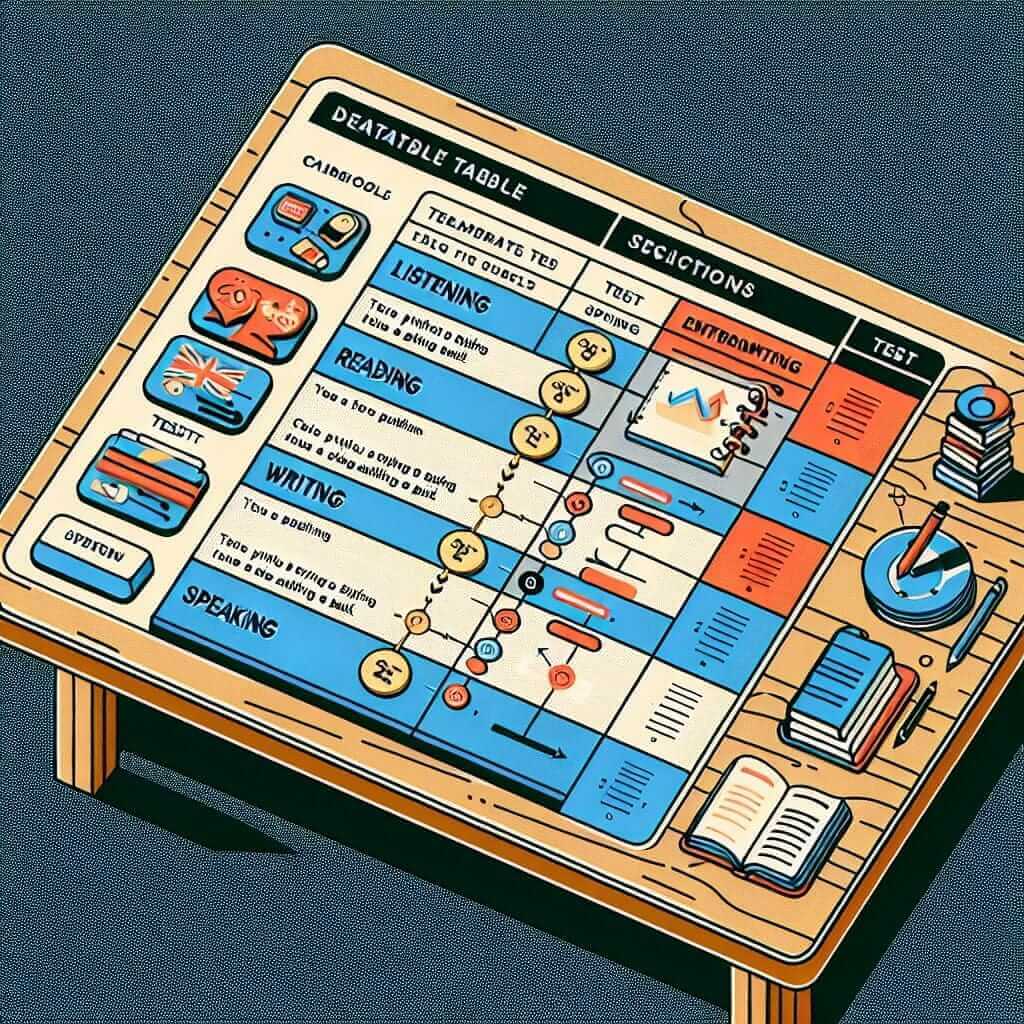For over two decades, I’ve guided countless students through the intricacies of the IELTS exam. One of the most common questions I encounter is: “What’s the difference between IELTS Academic and General Training?” It’s a critical question, as choosing the wrong test could hinder your academic or professional aspirations.
This comprehensive guide will delve into the core differences between these two IELTS modules, equipping you with the knowledge to make an informed decision.
Understanding the Purpose of Each Test
The key difference lies in the target audience and their intended use for the IELTS score:
IELTS Academic
The IELTS Academic module is designed for individuals aiming to:
- Pursue higher education: Universities and other tertiary education institutions often require IELTS Academic scores from non-native English speakers applying to undergraduate or postgraduate programs.
- Register with professional bodies: Certain professions, particularly in fields like healthcare and engineering, may require applicants to demonstrate their English proficiency through IELTS Academic scores.
IELTS General Training
The IELTS General Training module caters to individuals who:
- Seek immigration: Countries like Canada, Australia, and New Zealand often require IELTS General Training scores as proof of English language proficiency for visa applications.
- Undertake work experience: Some workplaces might ask for an IELTS General Training score, particularly if English is the primary language of communication in the workplace.
- Enroll in training programs: Certain vocational courses or training programs may require applicants to provide IELTS General Training scores.
Dissecting the Test Format
Both IELTS Academic and General Training modules assess your English language abilities across four sections: Listening, Reading, Writing, and Speaking. However, the content and difficulty level vary between the two modules in the Reading and Writing sections.
Listening
Both modules: Include four audio recordings with different accents, covering everyday social contexts, academic settings, or training environments.
Reading
- Academic: Features three long texts from academic journals, books, magazines, and newspapers, often containing complex vocabulary and grammatical structures.
- General Training: Includes texts from various sources, like advertisements, notices, company handbooks, and official documents, reflecting everyday life situations.
Writing
- Academic: Task 1 requires describing and explaining visual data (graphs, charts, diagrams), while Task 2 involves writing an essay on a given academic topic.
- General Training: Task 1 focuses on writing a letter in response to a specific situation, while Task 2 involves composing an essay on a general topic.
Speaking
Both modules: Consist of a face-to-face interview with a certified examiner, assessing your fluency, pronunciation, vocabulary, and grammatical accuracy.

Sample Test Questions: Academic vs. General Training
Reading
Academic: “Explain the author’s main argument in the passage about the impact of social media on political discourse.”
General Training: “Identify the company’s policy on taking personal phone calls during work hours.”
Writing
Academic: “Analyze the data presented in the graph on global smartphone usage over the past decade.”
General Training: “Write a letter to your landlord requesting repairs to a leaking faucet in your apartment.”
Tips for Success
Regardless of which module you choose, thorough preparation is crucial. Here are some general tips:
- Familiarize yourself with the test format: Understanding the structure and types of questions will help you manage your time effectively.
- Practice regularly: Utilize official IELTS practice materials and sample tests to hone your skills and build your confidence.
- Enhance your vocabulary: Expand your range of words and phrases, particularly those related to academic or general topics relevant to your chosen module.
- Improve your grammar and pronunciation: Focus on refining your grammatical accuracy and clarity in speaking and writing.
Making the Right Choice
Choosing the correct IELTS module is paramount for achieving your desired goals. Carefully consider your future aspirations, whether pursuing higher education, seeking global work opportunities, or embarking on new adventures abroad.
Remember, with dedicated effort and the right guidance, you can conquer the IELTS exam and unlock countless opportunities.